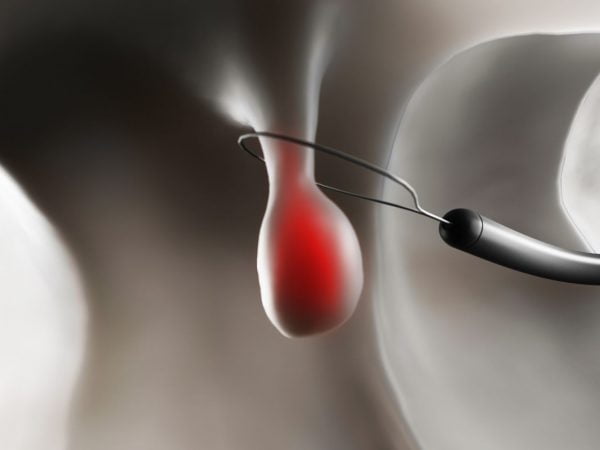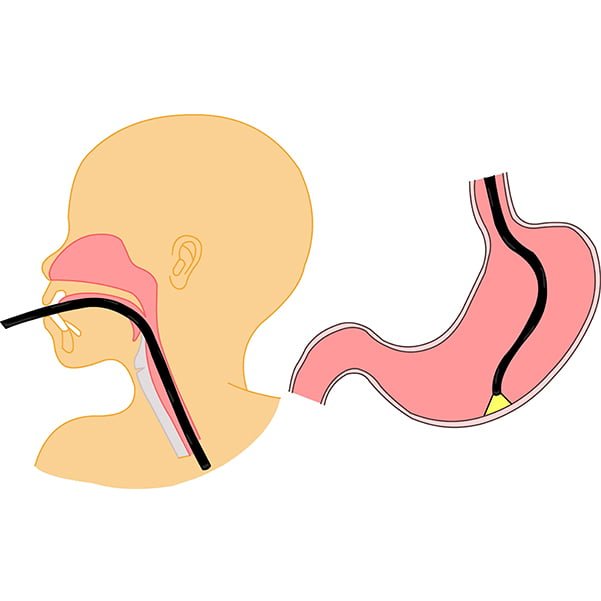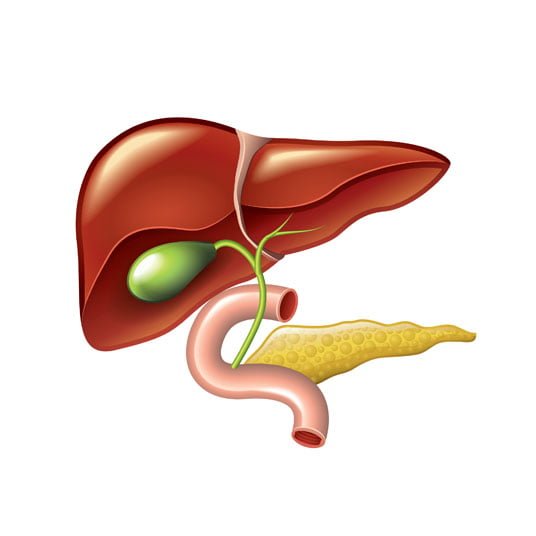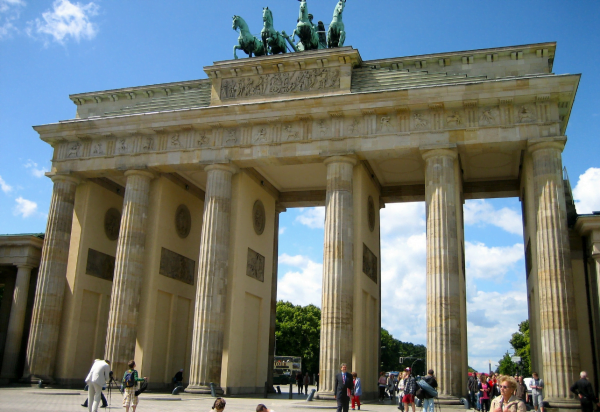ABOUT COLONOSCOPY
A colonoscopy is an examination of the large intestine, the colon and rectum, using a small camera.
It is an exploratory procedure which is performed to establish if there are polyps, ulcers, inflammation, bleeding, cancer or tumors present in the large intestine. It is also performed to establish the causes of chronic diarrhea, sudden weight loss, black stools, rectal bleeding, abdominal pain, and to monitor patients with inflammatory bowel diseases such as ulcerative colitis and Crohn’s disease.
Recommended for
- Diagnosing problems with the large intestine.
- Patients over 50 years of age should undergo a colonoscopy to screen for colorectal cancer every 10 years
- Patients with a family history of colonic cancer
TIME REQUIREMENTS
- Number of days in hospital: 1.
Overnight stay not required.
- Average length of stay abroad: 3 – 4 days.
Patients should arrive at least 2 days before the colonoscopy, as the bowel needs to be cleared the day before the procedure. Patients who have interventional treatment during the colonoscopy, e.g. removal of a polyp, may need slightly longer to recover.
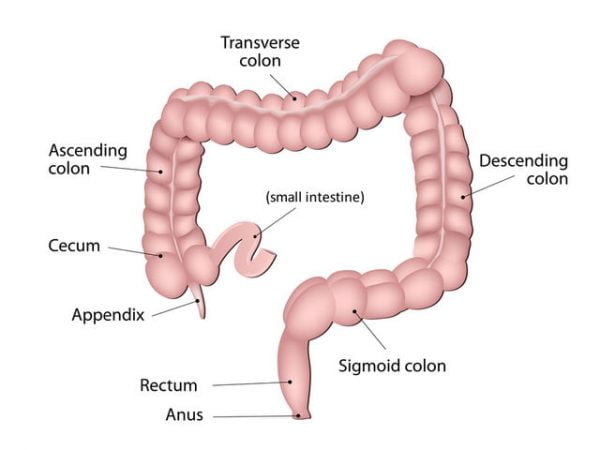
COMPARE COLONOSCOPY PRICES AROUND THE WORLD
| Country | Cost |
|---|---|
| United States | 1200€ |
| Mexico | 807€ |
| Thailand | 549€ |
| United Arab Emirates | 538€ |
| Spain | 513€ |
| Hungary | 290€ |
| India | 153€ |
| Tunisia | 150€ |
| Poland | 90€ |
HOW TO FIND QUALITY TREATMENT ABROAD
BEFORE COLONOSCOPY ABROAD
In preparation for the procedure, patients will need to complete a “colon prep” which ensures that their bowels are empty ahead of the procedure.
Although methods of clearing the bowels vary, most patients will be asked to adopt an all-liquid diet 1 to 2 days before the procedure. They will also be advised to avoid red or purple food or drinks in the days before the procedure. The patient is usually prescribed a laxative solution to take the day before the procedure, in order to fully clear the bowels. The amount of solution to be taken, varies with each patient and is generally mixed with 3 to 4 litres of water which is to be taken over the course of a few hours, depending on how much needs to be taken.
The solution may not taste very nice and may make patients feel sick. It may make it easier to drink the solution through a straw and to keep it refrigerated once it has been made.
It is advisable for patients to have nothing planned the day ahead of the procedure, as they will need to use the toilet often. Patients should keep hydrated and should not eat after the clean prep is complete.
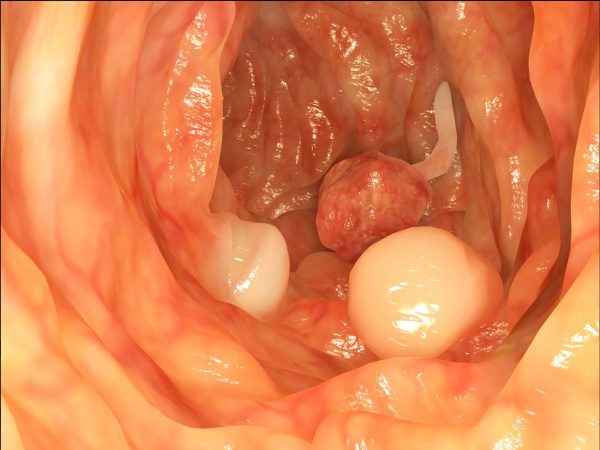
HOW IS IT PERFORMED
The patient is usually administered with a light sedation to help them relax during the procedure and is asked to lie on their side with their knees bent. An endoscope fitted with a camera, is inserted into the rectum to allow the doctor to examine the area.
The camera is maneuvered through the large intestine and the doctor will examine the images on a screen as it is passed through. The doctor may take some tissue samples for analysis and any polyps found are usually removed.
Anesthesia
Usually local, or local with sedation.
Procedure duration
The Colonoscopy takes 40 to 60 minutes.
FREQUENTLY ASKED QUESTIONS
Colonoscopies are performed under conscious sedation, which means you will be relaxed and without pain throughout the exam. During the procedure, air is pumped into the colon which may cause some cramping and gas after the procedure. This is usually mild and goes away within an hour.
Colonoscopies are considered very safe procedures. The 2 main risks are perforation of the bowel and bleeding. Both can be serious but are extremely rare and would be immediately detected by the doctor performing the exam.
Your doctor will be able to tell you immediately afterward if any abnormalities were detected. If a biopsy was performed during the procedure, you will need to wait for lab results. The length of time will vary widely.
Colonoscopies are the most widely used method to detect polyps in the colon or other tissue abnormalities, which can cause colorectal cancer. During a colonoscopy, the doctor has the opportunity to remove or biopsy any abnormal tissues to determine if further treatment is needed. The American Cancer Society (ACS), Centers For Disease Control (CDC), and American Medical Association (AMA), all recommend regular colonoscopies for cancer screening.
The clinic will give you information on preparing for the procedure. You will need to use an oral laxative called a “bowel prep” that should be provided to you or recommended by the clinic in order to clear out your bowel. It is important that you follow the clinic’s instructions for preparing very carefully.
The procedure itself takes between 15 and 60 minutes. If a polyp or other abnormality is found it may take longer while the doctor investigates. Including preparation and recovery, plan to spend 2 to 3 hours at the clinic. You will need to spend the rest of the day resting and recovering from the anesthetic.
